Supreme Court case on state legislatures could have ‘devastating consequences’
December 5, 2022 | Wilson Huhn & Jonathan Winer | City & State Pennsylvania
This week the Supreme Court of the United States is hearing Moore v. Harper, a case with potentially devastating consequences for our democracy. In that case the Court is considering whether to adopt the “independent state legislature” theory to interpret the election clauses of the U.S. Constitution.
The gist of this theory is that since the Constitution states that federal elections for Congress shall be conducted in the manner “prescribed in each State by the legislature thereof” and that presidential electors shall be appointed “in such manner as the legislature thereof may direct,” state legislatures have the sole authority to decide how to conduct those elections and even to determine their results, regardless of state laws and state constitutions specifying roles for the state courts, governors, secretaries of state and county boards of elections.
It would allow a majority of the Pennsylvania General Assembly to cast aside the votes and overrule the will of millions of Pennsylvania citizens in congressional and presidential elections.
There are multiple reasons why the “independent state legislature theory” is not a correct interpretation of the Constitution. …
No state legislature should be able to subvert the will of the people of that state and the people of the nation in electing a president.
–Wilson Huhn and Jonathan Winer


